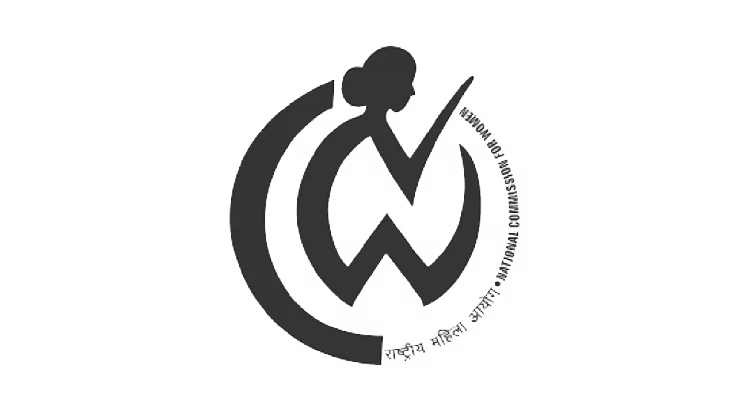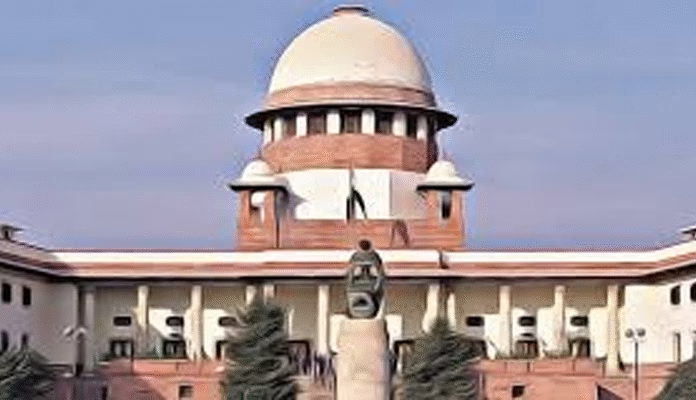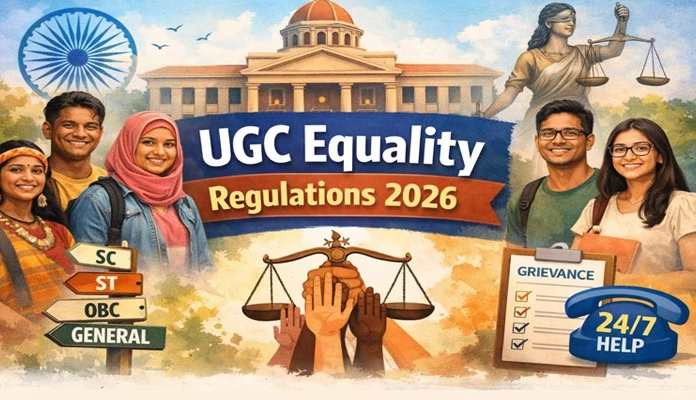
 by Ajay Kumar
by Ajay Kumar
In India, there are various legal measures and protective systems in place for women’s rights and to address violence against them. The process of building awareness and laws to protect women from violence, harassment, and discrimination has been ongoing for a long time. In this context, the National Commission for Women has played a significant role in trying to bring justice to millions of women. However, an important question often arises: do men have sufficient platforms to raise their issues and grievances? Should there be a commission for men, just as there is for women?
This question has resurfaced after the suicide of Atul Subhash, a promising AI engineer from Bengaluru. Atul took his life after being harassed by domestic violence and his in-laws. Before his death, he accused his wife of making false allegations, mentally torturing him, and stated that the system had not provided him with any help. Following Atul’s death, the question has once again arisen: is there a need for a national commission for men in India that can help address their issues?
Discussing issues related to men’s abuse in India is not easy, as most men do not make their problems public. They do not have an effective platform to file complaints. Statistics also suggest a continuous rise in male suicide cases. According to the National Crime Records Bureau (NCRB), in 2021, 1,64,033 people committed suicide, among which 81,063 were married men, who were forced to take their lives due to family problems, pressure, and domestic violence. These statistics clearly indicate that men face limited capacity in dealing with mental health issues, and they end up committing suicide due to family and domestic pressures. Despite being victims of domestic violence, most men hesitate to disclose their situation as discussions about male violence have become taboo in society.
Studies by NCRB and other organizations have shown that men also face domestic violence and mental abuse. Even the National Family Health Survey-5 (NFHS-5) data indicates that 10% of women between the ages of 18 to 49 have raised their hands on their husbands, and 11% of women have engaged in violence against their husbands in the past year. These statistics show that the problem of violence and mental abuse against men cannot be ignored. However, another issue is that this issue rarely comes to the forefront because men are always told to hide their problems as they are men and should be strong.
There are several arguments in favor of the need for a men’s commission in India. The first question that arises is whether men should also receive the same rights and protection as women. While there are stringent laws for cases of violence against women, these laws are sometimes misused against men. For example, in dowry harassment cases, men often face false accusations but lack a platform where they can voice their concerns and receive justice. Specifically, Section 498A (dowry harassment law) has often been misused, leading to men and their families being falsely implicated. Although the Supreme Court has issued several warnings regarding this, the number of such cases remains high.
The formation of a men’s commission could be important as it would provide men with a platform to voice their concerns. This commission could help in securing justice for cases of abuse, mental and physical violence against men. Additionally, it could work to ensure justice in dowry harassment and domestic violence cases. If a commission can be formed for women, there should equally be one for men, so that their issues can be raised and addressed properly.
Several petitions have been filed in the Supreme Court regarding the formation of a men’s commission. These petitions have called for issuing guidelines for men suffering from domestic violence and creating a commission to address this issue. However, the Supreme Court has dismissed these petitions, stating that they present a one-sided view. The court argued that the cases of abuse against men are not as prevalent as those against women, and thus, the issue does not require as much attention. This decision by the Supreme Court was disappointing for many, as it indicates that the cases of abuse against men are not taken seriously.
The Supreme Court’s decision reinforces the idea that violence and abuse against men are taken lightly in our society. If there is no committee or commission to protect men’s rights, it means society is accepting that there is no serious issue for men. This mindset also highlights the need for change in society.
This problem is not limited to India but is a growing issue in many countries around the world. Domestic violence against men is increasing in countries like the UK, the US, Canada, and Australia. For example, in the UK, according to 2022-2023 data, one in three domestic violence victims is a man. In the US, nearly 44% of men have been victims of violence at least once in their lifetime. In Mexico, around 25% of domestic violence victims are men. These statistics clearly indicate that the issue of violence against men is global and requires legal measures.
Atul Subhash’s suicide not only highlighted the issue of men’s rights in India but also raised the question of whether there is a need for reform in our judicial and police systems. In his suicide note, Atul wrote that if he did not get justice, his ashes should be thrown into the gutter in front of the court. This reflects deep despair and a loss of trust in the system. Atul blamed his wife, but his real anger was directed at the system and police, which did not take his case seriously. The media and societal response to Atul’s suicide has been divided, with many considering it an example of male abuse.
Atul Subhash’s death gives us the opportunity to understand what reforms are needed in our society and justice system. This question is not just about discrimination between men and women, but about a system that fails to serve all victims who live hoping for justice. Atul’s suicide has made it clear that many people lose their lives due to the flaws in the system and lack of justice. We need to improve our judicial system so that everyone receives justice equally.
Atul Subhash’s death, his allegations, and the questions he raised serve as a serious warning for our society and legal system. We need to understand that protecting men’s rights is just as important as protecting women’s rights. There is a need to change society’s mindset and ensure the proper implementation of laws, so that no individual silently endures abuse and pain. If we want equality in our society, we must protect the rights of both men and women in the same way.




